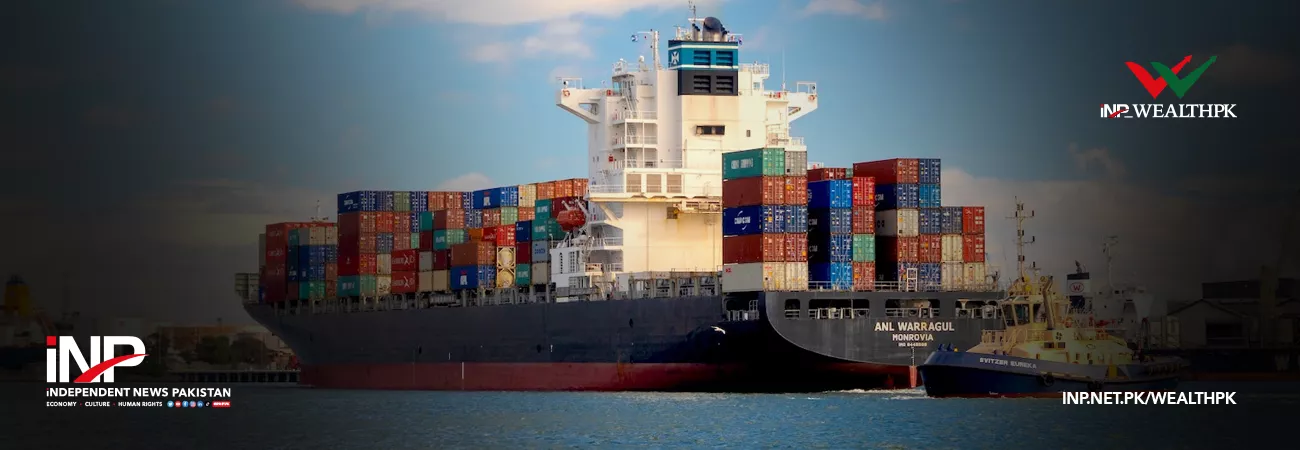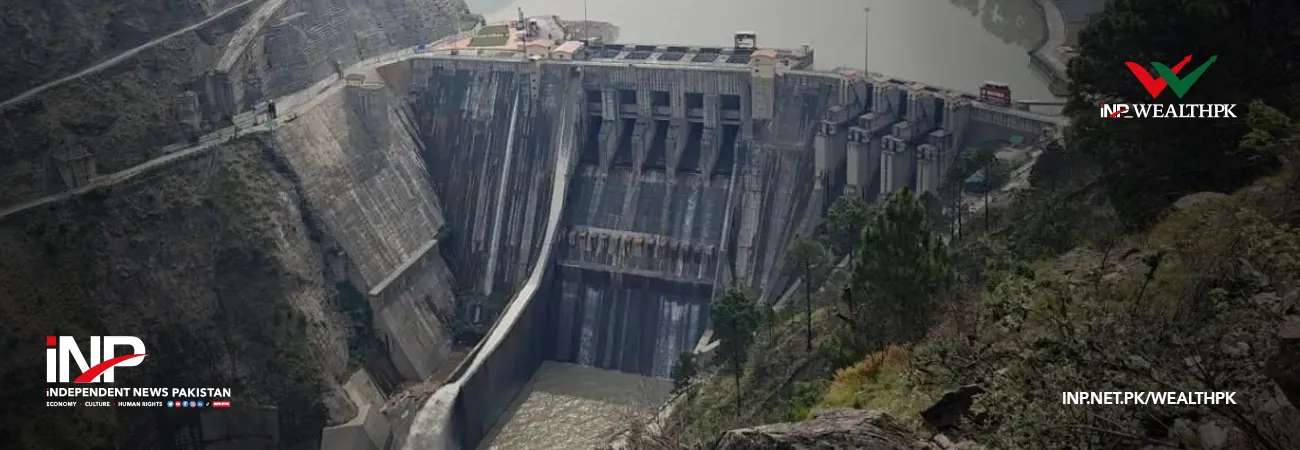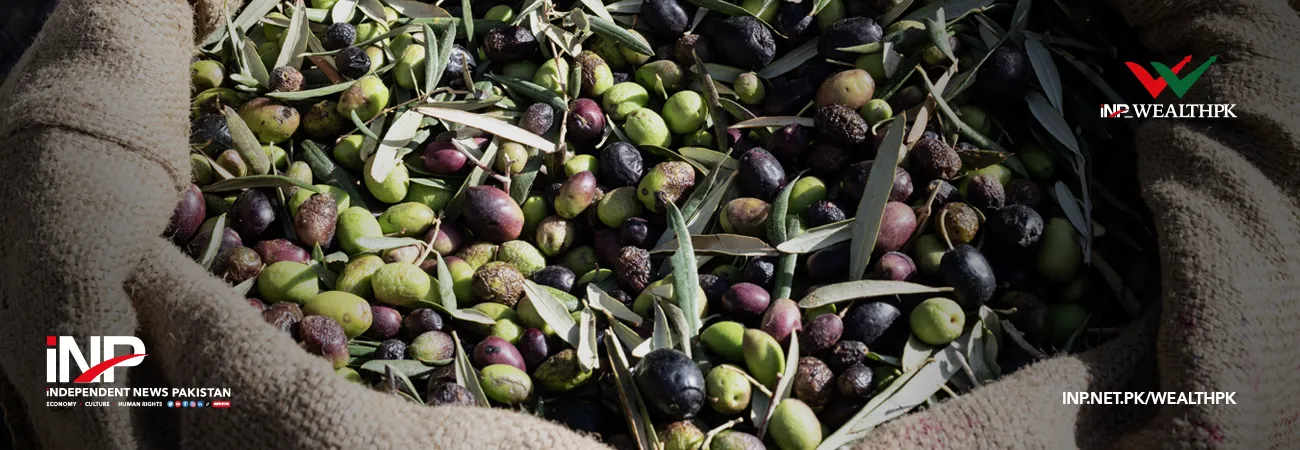آئی این پی ویلتھ پی کے
Arsalan Ali
Efficient logistics systems are crucial for Pakistan to benefit from regional connectivity and enhance trade and economic development. Transit through Iran using the TIR (International Road Transport) is the most effective and economical mode of transportation for carrying goods from Pakistan to Turkiye. It was the crux of discussion by experts during a webinar titled “Logistic Solutions for Turkiye” organised by the Trade Development Authority of Pakistan (TDAP).
In the opening remarks, Nauman Aslam, Consul General (Trade & Investment), Consulate General of Pakistan in Istanbul, said efficient and well-placed logistic systems are critical to improving global connectivity and economy. “Regional connectivity is essential for Pakistan to benefit from available opportunities across the South Asian region and beyond, enabling enhanced trade and economic development,” he emphasised.
He said Turkiye stands in the global logistic landscape, which serves as an important bridge between Asia, Europe, and the African continent. Dr Amir Hussain, Trade and Investment Counsellor, Iran, emphasised that transit through Iran using the TIR is the most effective and economical mode of transportation for carrying goods from Pakistan to Turkiye. “Iran’s strategic location provides access to the sea from both the north and south sides, with the government of Iran planning to increase transit volumes to 20 million tons/annum in the next two to three years,” he mentioned.
Dr Amir said Iran’s total transit trade during IFY 2021-22 was recorded at 9.27 million metric tons, with Iraq, Turkiye, Afghanistan, Azerbaijan, and Turkmenistan being the major users of Iran’s territories for transiting goods. He highlighted that Iran is among the top countries effectively using the TIR carnet, with 125,605 carnets issued in 2021.
“One of the reasons for the success of the TIR system is the minimal cost levied by the government, with the guarantee for the operating cost being less than $1,000, and the TIR carnet costing less than $100,” he added. Dr Amir said Iran’s geography and transit regime is suitable for Pakistani cargoes destined for Turkiye, Iraq, Azerbaijan, Russia, and Eastern Europe, with road TIR from Karachi to Ankara via Iran taking only eight days compared to 21 days via the sea route, and at one-third of the financial cost.
“The existing volumes of Pakistan’s trade through Iran are not significant, with only 122 truck trips transiting 2,778 tons of cargo through Iran in IFY 2021-22,” he mentioned. He said one of the reasons for the low volume of trade from Pakistan to Turkiye through Iran is the market perception about Iran being under US sanctions. He said banks are highly conscious even in the case of transit of goods when the document mentions trade will be through Iran.
“Iran has more than 50 transit trade agreements, but not with Pakistan, and its presence might facilitate things,” he emphasised. He said the National Logistics Cell (NLC) started transiting its cargoes through Iran in 2021, but there were issues like refuelling problems, reporting requirements resulting in additional stops, and taxes and fees (load tax, fuel cost differential).
“The way forward to increase trade through Iran includes increasing the number of TIR operators, frequency, and volumes of transit cargoes, simplification and harmonisation of TIR rules and graduation to e-TIR, opening of new TIR stations, diversification of transit cargoes, bilateral transit trade agreement and effective implementation of ECO-TTFA (Economic Cooperation Organisation-Transit Transport Framework Agreement),” he added.
Khadim-Rasool Faiz, Chairman of the Warehousing and Logistics Association of Pakistan (WLA), emphasised the critical importance of regional connectivity in Pakistan through land routes and railways to Turkiye and beyond, ultimately leading to the European Union, via Iran.
Credit: Independent News Pakistan-WealthPk












